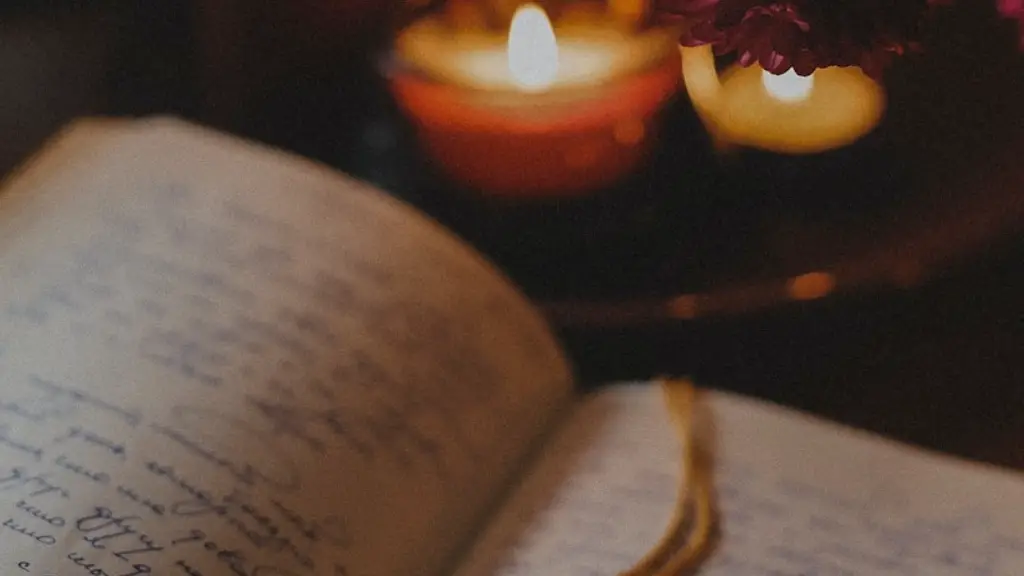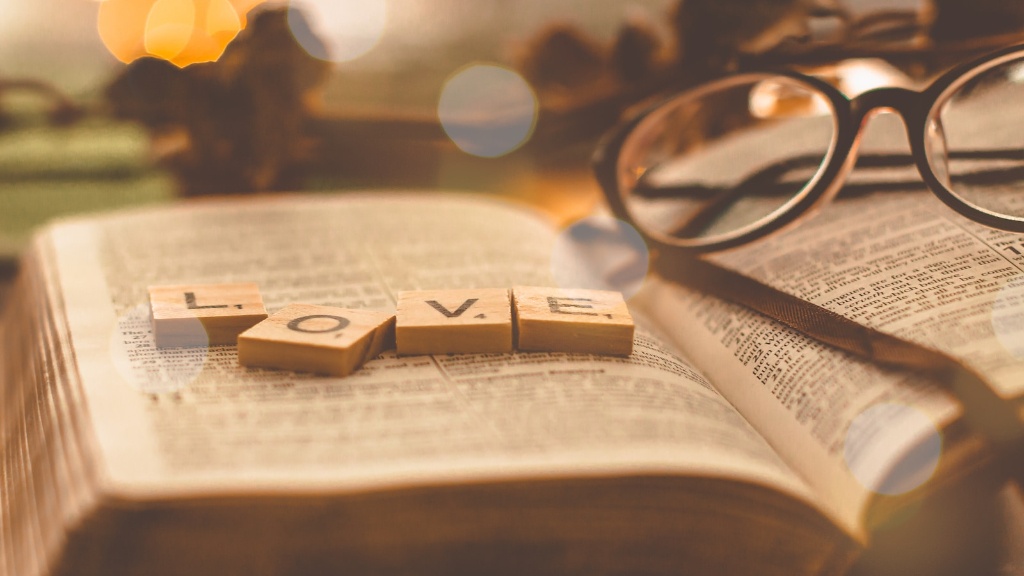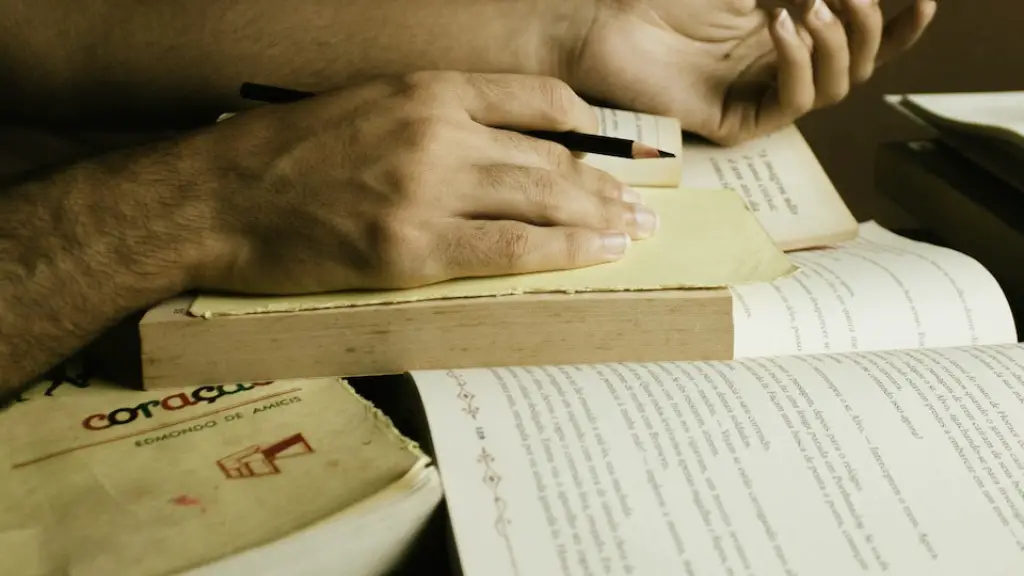How do I copyright my poetry?
What is Copyright?
Copyright is a legally recognized form of protection that gives authors, creators, and owners of original works the exclusive right to reproduce, distribute and make derivative works based on that work. When copyright is properly registered, it is generally a worldwide exclusive license to the work of an author or other creators. In other words, you have the sole and exclusive rights to your creative works, and anyone else would need your permission to use them in any way.
What is Protected?
Under copyright laws, any creative, original work represented in a “tangible form” including a written poem, an illustration, a song, a film, or an audio recording, is protected from being used without the author’s permission. In some jurisdictions, the application of copyright protection is expanded to include the right to remain anonymous or to receive a “moral right” of ownership or authorship even if the work is assigned or sold legitimately or illegally. The formula for this protection is simple: only when you own the copyright can you control and limit what anyone else can do with your creative works.
How Do I Copyright My Poetry?
You can copyright your poetry by registering it with the United States Copyright Office.
The process of registering your work with the Copyright Office is relatively straightforward; you just need to pay the required filing fee and provide a copy of the publishing material with your copyright application. It takes roughly eight months to receive a copyright certificate, but once you’ve received it, you’ll be able to enjoy the protection that comes with owning a registered copyright.
You can also copyright your poetry with the Library of Congress or by enrolling in a collective copyright registration system. With collective copyright registration, you can register all the poems you’ve written in a single, group registration rather than registering each poem separately with the Copyright Office. Collective copyright registration, on the other hand, provides all the same protections as individual registration and is generally much cheaper and faster.
What Happens When I Copyright My Poetry?
When you register your poetry with the Copyright Office, you are legally granted a copyright in your work. This means that your poetry belongs to you and that no one can reproduce, distribute, or alter your work without your permission. You have the exclusive legal right to use your work in whatever way you wish, and if anyone else wants to use it in any way, you can grant them permission or even sell rights to your work to them. If someone does use your work without your permission, you can take legal action to stop them and may even be able to collect damages or other compensation. This is one of the many ways that copyright protects your work and ensures your control over how it is used.
What Form Should I Copyright My Poetry?
Copyright is most effective when it is applied to your work in its final form before it is made available to the public. For example, if your work is still in an early draft or if you’ve only written one or two verses, you should wait until the complete work is finished before copyrighting it. This guarantees that all the edits and changes you make to the work will be protected under the same copyright.
For a poem, the form you should copyright it in should include all the hard work that you put into it. This means not just the verses but also the title and any artwork that goes along with it. The form should also include the original language and form your poem was written in and, if any, any commentary or annotation that you have included.
Is Copyrighting My Poetry Necessary?
Copyrighting your poetry is always a good idea because it legally protects your work and ensures that you can control what happens to it. Copyright law was designed in part to protect creators of all kinds and is an excellent way to ensure that your work is not misused or sold without your permission.
However, not every poem needs to be copyrighted. If your poem is only meant to be shared among friends and family, or if you are just writing it for fun and don’t plan to publish it or make money off of it, you may not need to copyright your work.
But if you are publishing your work and are looking to make a living off of it, then copyrighting it is absolutely necessary. Not only can it help protect your work from being stolen or used without your permission, but it can also help ensure that you receive compensation for your work.
What’s the Best Way to Protect My Poetry?
It’s important to remember that copyright is only one way to protect your poetry from being used without your permission. In addition to officially copyrighting your work, you should also consider using a trustworthy website for publishing your poetry, such as Medium, Tumblr, or WordPress, since these sites offer additional security measures such as the ability to make your works private or protect them with passwords.
You may also want to consider watermarking your work, which is a way to embed your name or initials into the work itself so that it is difficult to reproduce or change without being easily detected. Additionally, there are tools you can use to monitor your work online and see if anyone is using it without your permission.
What Can I Do If Someone Uses My Poetry Without My Permission?
If you discover that someone has used your poetry without your permission, you can use the Digital Millennium Copyright Act or other copyright laws to take legal action. This includes filing a copyright infringement lawsuit or sending a cease and desist letter to the offending party. Depending on the extent of the infringement, you may also be eligible for monetary damages.
What Else Should I Consider?
When deciding whether to copyright your work, you should also consider factors such as how long you plan to keep your work available, how much money you expect to make from it, and other considerations such as moral rights.
You should also consider what type of content you want to publish and how you want to present it. For example, if you plan on publishing your poem as an ebook, you may want to add a copyright statement to the front matter that states that the work is copyrighted. This will help ensure that readers are aware of your copyright and will hopefully make them less likely to misuse your work.
What’s the Bottom Line?
In summary, copyrighting your poetry is a great way to protect your work and make sure that you have control over how it is used. It is essential for any poem you intend to publish or make money off of, but you should also take other security measures such as having your poem watermarked, monitored, or available only through private, password-protected websites. While copyrighting your work won’t guarantee its protection, it will give you peace of mind knowing that you have taken the necessary steps to protect your work.


